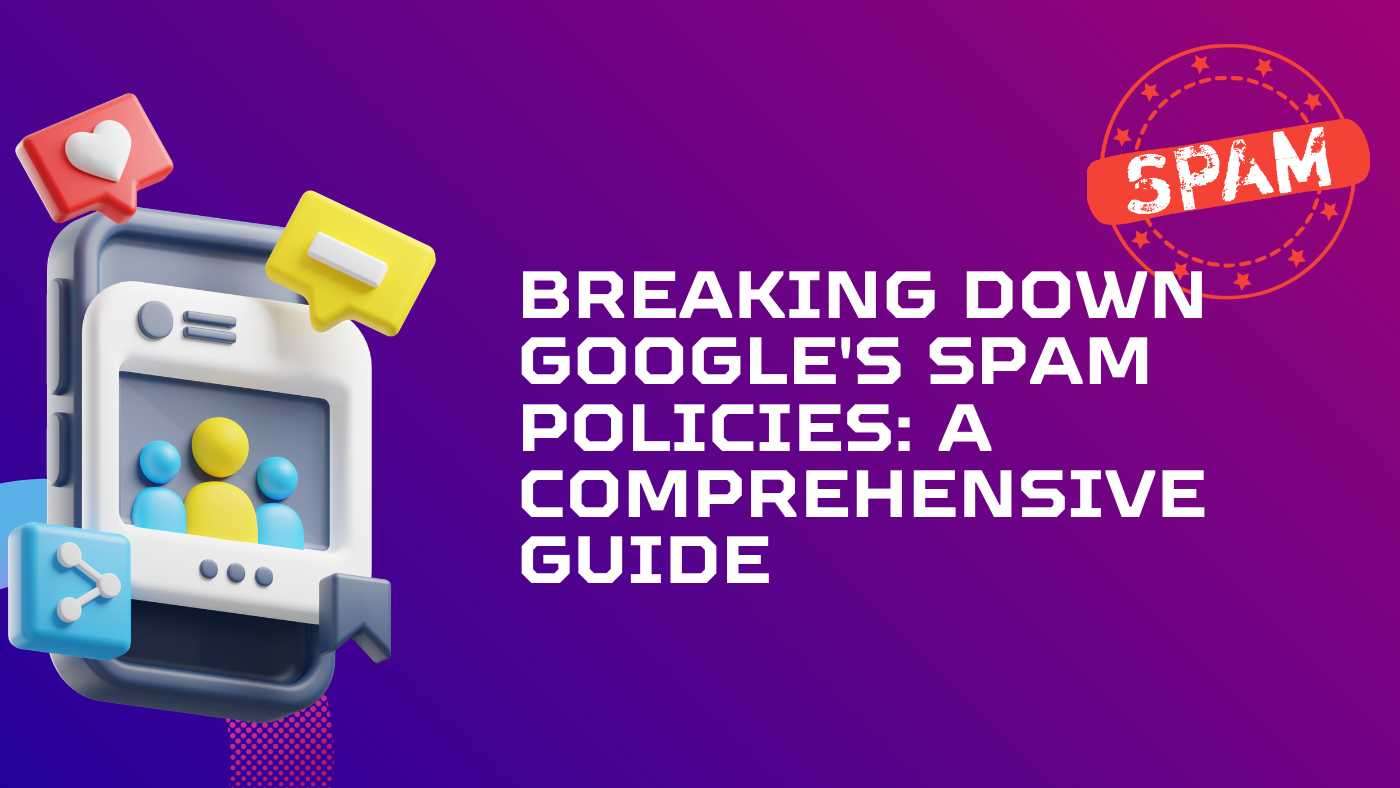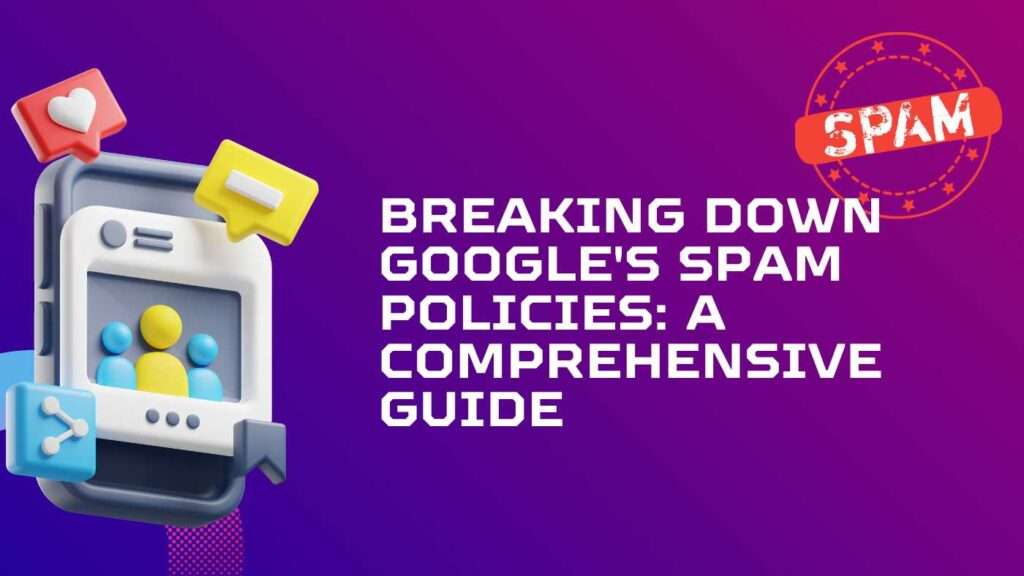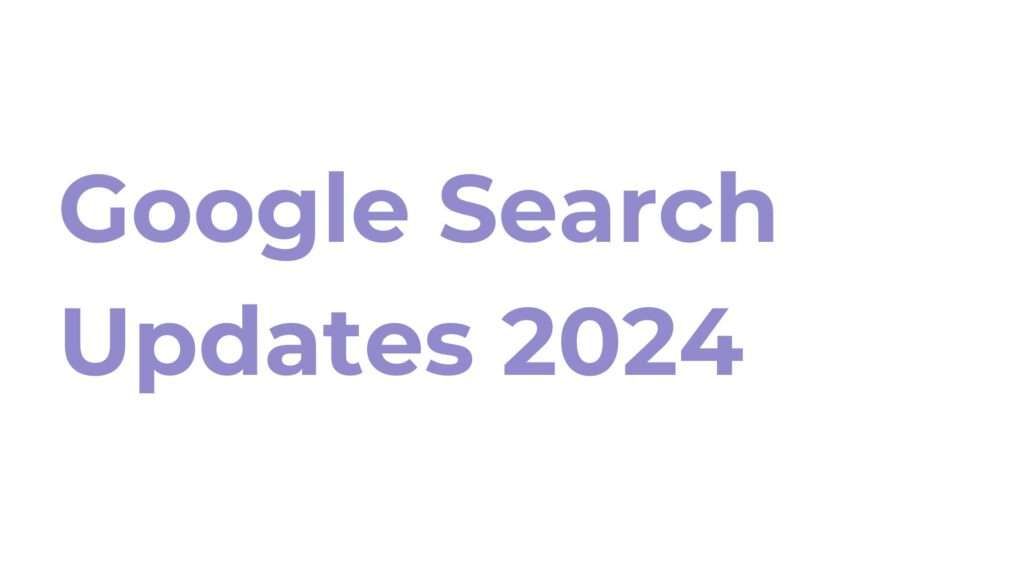Google’s spam policies play a pivotal role in maintaining the quality of search results. This article aims to provide an in-depth analysis of Google’s spam policies, focusing on their impact on search results and content creators.
An Introduction to Google’s Spam Policies
Google’s spam policies are designed to ensure the delivery of high-quality, relevant search results to users. These policies regulate the content that appears in search results, penalizing low-quality or manipulative content. The core objective is to eliminate spammy, low-quality content from search results, thereby improving the overall user experience.
Insight into Google’s March 2024 Core Update
In March 2024, Google rolled out a crucial update to its core ranking system and anti-spam policies. This update, known as the March 2024 Core Update, aimed to improve the quality of search results by reducing the prevalence of unhelpful content by 40%.
Relevance of the March 2024 Core Update
The March 2024 Core Update was a milestone in Google’s efforts to improve its search quality. This update was more complex than the usual core updates, as it involved changes to multiple core systems. As a result, sites experienced more fluctuations in rankings than with a regular core update.
Impact of the March 2024 Core Update
The March 2024 Core Update had a significant impact on the ranking and visibility of web content. Websites that failed to adhere to Google’s updated policies experienced a drop in their search rankings, while those that complied saw an improvement. The update affected websites that produced unhelpful, low-quality content aimed mainly at search engines rather than users.
Google’s New and Updated Spam Policies
As part of the March 2024 Core Update, Google announced several updates to its spam policies. These updates aimed to address new and evolving abusive practices that resulted in low-quality, unoriginal content appearing on Search.
Scaled Content Abuse
Google strengthened its policy against using automation to generate low-quality or unoriginal content at scale with the intent of manipulating search rankings. This policy was designed to address instances where content was generated at scale, and automation was involved. Today, scaled content creation methods are more sophisticated, making it challenging to determine whether content is created purely through automation.
Site Reputation Abuse
Google introduced a policy against site reputation abuse, also known as Parasite SEO. This policy targets websites that host low-quality content provided by third parties to capitalize on the hosting site’s strong reputation. Google now considers such low-value, third-party content created primarily for ranking purposes and without close oversight of the website owner as spam.
Expired Domain Abuse
Google’s new spam policy also targets expired domain abuse. This technique involves purchasing expired domains and repurposing them with low-quality or unoriginal content to boost search rankings. Such practices can mislead users into thinking the new content is part of the older site, which may not be the case. Google now considers such practices as spam.
Google Spam Policies: The Impact on Content Creators
Google’s spam policies have a significant impact on content creators, particularly those using AI to scale their content. Websites that fail to adhere to Google’s spam policies could face penalties, including lower rankings or complete omission from Google Search results.
Consequences of Violating Google’s Spam Policies
Websites that violate Google’s spam policies could face severe penalties. These could range from a drop in search rankings to complete removal from Google’s search results. Google uses both automated systems and manual reviews to identify and penalize websites that violate its spam policies.
Best Practices for Complying with Google’s Spam Policies
To avoid penalties, content creators should focus on producing high-quality, original content that provides value to users. They should avoid tactics that aim to manipulate search rankings, such as scaled content creation or expired domain abuse. Additionally, they should regularly review and update their content to ensure it complies with Google’s latest spam policies.
Read More: 5 Ways to Recover Your Website from March 2024 Google Core Update
Understanding Google’s Technical Requirements
In addition to its spam policies, Google also has technical requirements that websites must meet to appear in search results. These requirements are relatively minimal, and most websites meet them without even realizing it.
Google’s Stance on AI and Content Creation
While Google is not opposed to using AI to scale content, it has strict policies against using automation to produce low-quality content at scale for the sole purpose of manipulating search rankings. Content created using AI should be high-quality, original, and provide value to users.
The Future of Google’s Spam Policies
Google’s spam policies are continually evolving to address new and emerging spam tactics. As technology advances and new methods of content creation emerge, Google is likely to update its spam policies accordingly. Content creators should stay up-to-date with Google’s spam policies to ensure their content continues to comply.
Conclusion
Google’s spam policies play a critical role in maintaining the quality of search results. By penalizing low-quality or manipulative content, Google ensures that users receive the most relevant and high-quality results for their search queries. For content creators, understanding and adhering to Google’s spam policies is crucial for maintaining visibility and rankings in Google Search.
While Google’s spam policies may seem daunting, they are ultimately designed to improve the overall user experience. By focusing on producing high-quality, original content that provides value to users, content creators can ensure their websites rank well in Google Search and avoid penalties.
Stay tuned for more updates on Google’s spam policies and their impact on content creators. As Google continues to refine its algorithms and policies, we’ll keep you informed of the latest developments and best practices.





